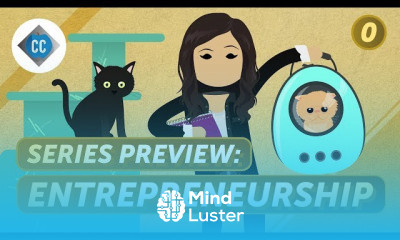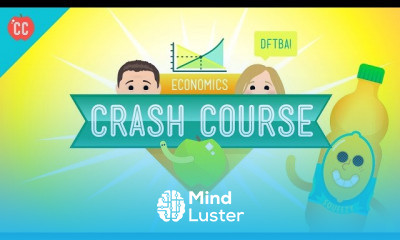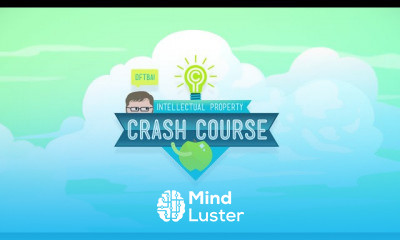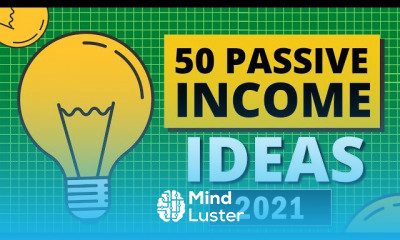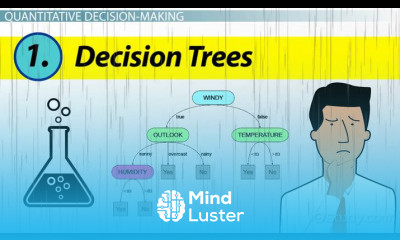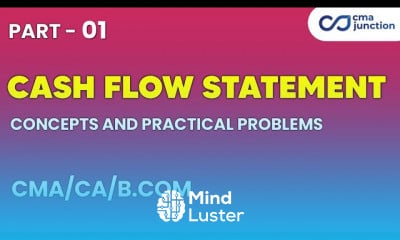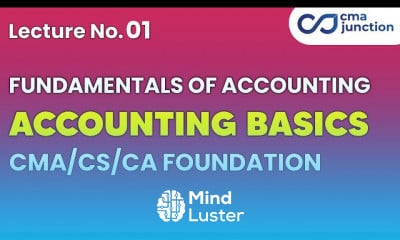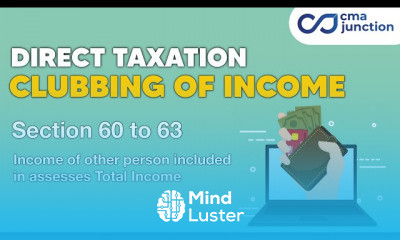Working with Cultural Practices
Share your inquiries now with community members
Click Here
Sign up Now
Lessons List | 10
Lesson
Comments
Related Courses in Business
Course Description
Cultural competence — loosely defined as the ability to understand, appreciate and interact with people from cultures or belief systems different from one's own — has been a key aspect of psychological thinking and practice for some 50 years. It's become such an integral part of the field that it's listed as one of psychology's core competencies. The federal government, too, views it as an important means of helping to eliminate racial, ethnic and socioeconomic disparities in health and mental health care.
But defining, understanding and applying cultural competence in treatment hasn't been easy. For one thing, researchers are still arguing over the basic ingredients of cultural competence and culturally competent care. What makes a particular therapist, practice, or protocol, culturally competent? While there is plenty of speculation on the topic, answers to these questions are a long way from being settled.
What's more, funding for this kind of research has generally been scant (see "Institute focuses on patients, including their ethnicity"). The National Institutes of Health tends to require a biomedical aspect in most mental health research, including that involving cultural competence. And the one NIH institute dedicated to ethnic-minority health issues, the National Institute of Minority Health and Health Disparities, is one of the lowest funded NIH agencies and tends to put more money into training than research, field leaders say.
In addition, the area has been fraught with disagreement and controversy. Some researchers think interventions should be more radical than they are, while critics assert such interventions are merely another form of "political correctness."
As a result of these complexities, the science of culturally competent treatment has tended to receive short shrift, many say. But thanks to a range of research efforts, that has been changing, according to an expert in the area, Utah State University psychology professor Melanie Domenech Rodriguez, PhD.
"Psychologists of my generation, in collaboration with those of previous generations, are working to put the science more squarely into cultural competence and culturally competent treatment," she says.
Cultural adaptations
This thrust to improve the scientific aspect of culturally competent treatment research means that a central research focus has been a pragmatic one: modifying evidence-based treatments for different groups, otherwise known as "cultural adaptations." The tack follows a long period of treatment and research experimentation beginning in the 1960s that included, among other approaches, involving community members integrally in treatment design and intervention.
While cultural adaptation research doesn't take such a complete grassroots approach, it has the distinct advantage of appealing more to funders. Because it starts with a scientifically validated treatment and adds components to or tweaks it, this kind of research is easier to manage from a research perspective than, say, creating a treatment from scratch.
"If the wheel works relatively well, I'd like to use it," says University of Puerto Rico psychologist Guillermo Bernal, PhD, who with Domenech Rodriguez co-edited the 2012 APA book "Cultural Adaptations: Tools for Evidence-Based Practice with Diverse Populations."
Bernal helped to launch this kind of research in the 1990s when he realized he was informally adapting evidence-based treatments to his clients anyway.
"We very consciously began looking at the protocols of those treatments and deconstructing them in terms of cultural metaphors and assumptions and language," he says.
In the first study utilizing this framework, University of Puerto Rico psychologist Jeannette Rosello, PhD, and Bernal compared how Puerto Rican teenagers with depression responded to culturally adapted versions of cognitive behavioral therapy (CBT) and interpersonal therapy (IPT), compared with peers on a wait list. Both adapted treatments were effective and both were superior to control group outcomes, they found (Journal of Consulting and Clinical Psychology, 1999).
In a 2008 study published in Cultural Diversity and Ethnic Minority Psychology, Rosello, Bernal and Carmen Rivera-Medina, PhD, compared adapted group and individual versions of cognitive behavioral therapy and interpersonal theory, again with depressed Puerto Rican teens. All were effective, but both group and individual CBT worked faster than either form of IPT, the team found. (These adaptations are all now part of the Substance Abuse and Mental Health Service Administration's Registry of Evidence-Based Therapies, available to the public.)
Other studies have shown similar successes. In a 2014 issue of the Journal of Latina/o Psychology, Marquette University psychology professor Robert A. Fox, PhD, and colleagues looked at the effects of providing a culturally adapted version of their evidence-based parenting intervention Early Pathways to at-risk Latino children. The kids improved significantly on behavioral and emotional measures compared with those on a waiting list, the team found.
Meanwhile, University of California, Los Angeles, associate professor Anna Lau, PhD, and colleagues successfully adapted an evidence-based intervention called The Incredible Years to Chinese-American parents. The adaptation incorporated earlier findings about the kinds of situations most likely to spur punitive parenting practices among Chinese-American parents, such as distress over their children's academic performance or expressed desire for more autonomy. The researchers found the adaptation fostered more positive and fewer negative parenting practices and reduced kids' acting out and depression (Journal of Clinical Psychology, 2010).
Trends
Graphic Design Basics
Web Design for Beginners
Master graphic design techniques
Logo Design
Create a YouTube account on Your phone
Accounting
Graphic Design | Photoshop
Financial Accounting
Illustrator 3D design for beginners
Accounting Finance course
Graphic design mockups
Web Design Using HTML CSS
Advanced graphic design
Graphic design tools in 2025
Advanced graphic design techniques
Web Design 101 Free Full Course
Flask web development essentials
Illustrator for logo design beginners
Create a professional website with Wix
Figma Signing Up and Signing In
Recent
French words to pronounce
French holiday words
French Pronunciation basics
Advanced french listening
Intermediate french listening
French Listening for beginners
French Vocabulary for beginners
French reading
French reading comprehension
French speaking practice
French pronunciation
Innovative french culture
French reading exercises
Reading and writing dates in french
French grammar essentials
French reading practice for intermediate
French reading practice
French conversations
French words
Introducing Yourself in french



